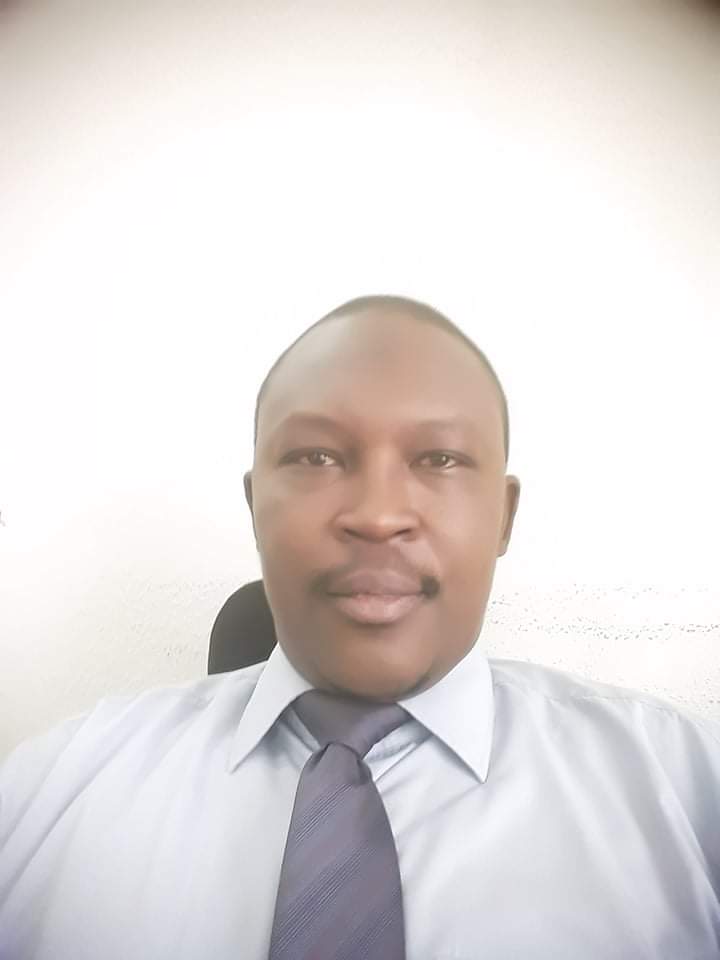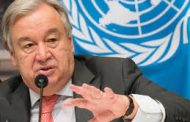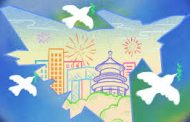By: Dr. Ibrahim Abdalla Ahmed Abker
The Sudanese people have been struggling between democratic and dictatorships’ governments since Sudan’s independence in January 1st 1956. Many dictatorships governments passed and another democratic too. People usually revolute against their government when there is lack of their basic needs. The last dictator Omar Albasher governed for three decades with strong security power until the 19th December revolution kicks him out.
The Sudanese revolution has a number of core goals, including calling for freedom, peace and justice. These were the basics principles of the Dec 19th revolution. The Sudanese masses appeared on the streets expressing their dissatisfaction of the political, security and economic situations. Following the deterioration that affected all aspects of political and economical and living life. The bombers of the Sudanese revolution are mainly the youth and all sectors of Sudanese people; these included universities’ students, all political parties and general public.
The first reason of this revolution is that people seek freedom; all Sudanese people have suffered from confiscation and suppression of freedom in the all media visible, audible and even readable. All television interviews are concentrated on the previous regime supporters. Also, all radio’s interviewers are designed to serve regime’s agenda as well. Newspapers blocked and the opposition pens received the largest percentage of blocking, even those which started advice on political and economic matters.
Peace is one of the fundamental elements that leaded to this revolution, the spread of regional conflicts in many regions, Darfur, Nuba Mountains, as well as Blue Nile. The suffering of civilians in all areas due to the irrational government policies and the politics of imagination. For all above reasons combined, Sudanese people called for peace, so that stability prevails and life would return to normal.
Justices and equality were missing in many aspects of life; the regime’s supporters were the ones who got the jobs, banks’ loans, customs exemptions and profit commissions at any new project in the country.
Now the Sudanese revolution passes by very dangerous turn, in all angels of life, economically, politically even the security. Economically, people suffering appear in many conditions of daily life, such as food, drink, transportation, electricity, in addition to economic inflation. The basic needs prices increase daily without any government’s control or clear visions.
Politically, the government struggles and faltering in all political files, including the trial of regime’s members, justice, peace process and the formation of Legislative Council as agreed upon in the constitutional document. In addition to, the unsuccessful selection of states’ governors which faced by many protests and obstacles in many regions.
Concerning the security side in Darfur, Kordofan and lastly, Port Sudan town faces huge gap and insufficient troops to protect the civilians from uncontrolled groups. In order to avoid the risks of this revolution there are many questions rise; do all ministries have thoughtful plans? Is there a periodic review of these plans? Is the prime minster aware of this living distress, the difficulties that face people daily? Many complicated questions rise in the horizon. Here are some suggestions to avoid the risks:1. An emergency economic plan to take care of the citizens’ pension. 2. A security grip to restore the government’s role. 3. A well-known government plan designs by experts and punishes the failures.4. The government issues fully studied agricultural plan. 5. The government is heading completely to a deliberate agricultural plan that will absorb the energies of youth in the agricultural field. 6. Bringing up directly all crimes’ committers against citizens and the country to the justices.
https://khartoum-today.net/
 Sudan army chief Al Burhan freezes bank accounts of paramilitary RSF
Sudan army chief Al Burhan freezes bank accounts of paramilitary RSF Sudan’s SAF & RSF sign agreement intended to lay groundwork for humanitarian assistance
Sudan’s SAF & RSF sign agreement intended to lay groundwork for humanitarian assistance SAF, RSF agree on extension truce for the sixth time
SAF, RSF agree on extension truce for the sixth time Army, RSF agree to extend truce for 72 hours
Army, RSF agree to extend truce for 72 hours Sudanese people fled to Egypt amid acut humanitarian crisis
Sudanese people fled to Egypt amid acut humanitarian crisis THE ELEPHANT IN THE ROOM
THE ELEPHANT IN THE ROOM Death toll from Sudan fighting tops 180 as clashes in Khartoum enter fourth day
Death toll from Sudan fighting tops 180 as clashes in Khartoum enter fourth day By the UN Secretary-General Op-ed on G20 – 8 billion
By the UN Secretary-General Op-ed on G20 – 8 billion A strong military key to maintaining world peace
A strong military key to maintaining world peace Beautiful China shows new chapter of ecological conservation
Beautiful China shows new chapter of ecological conservation

SUDANESE REVOLUTION BETWEEN GOALS AND RISKS
About the author
Related Articles
2020 All rights reserved khartoum-today.net 0124293222







